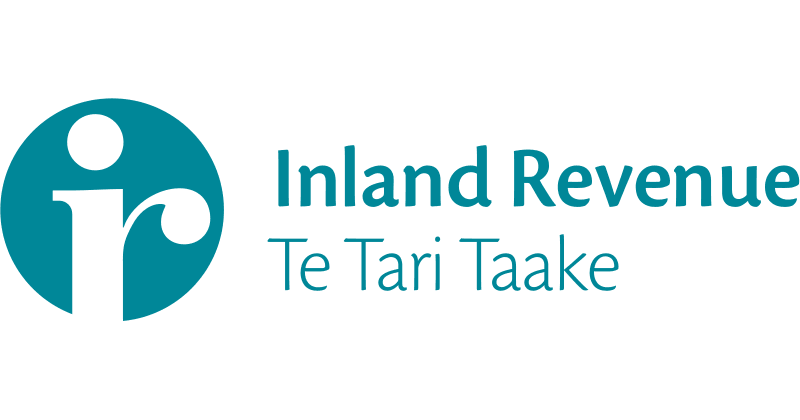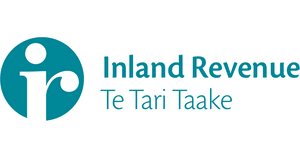Tax Heroes: It has paid billions in tax since 2003, but the NZ Super Fund’s head of tax John Payne says it sees tax as simply a return to the government.
The New Zealand Super Fund was set up in 2003 to help pre-fund the future cost of universal superannuation in New Zealand, and it now stands at about $38 billion in assets – but its tax bill is very volatile.
The fund is a pool of assets owned by the New Zealand government, but under its founding legislation it is treated the same way as a company and is taxed at the 28% corporate tax rate. Since it was started in 2003 it has paid $6.2 billion in tax (based on publicly available information and data provided by the author) and for the 2016/17 financial year it paid $1.2b in tax, 9% of the total corporate tax take in New Zealand.
This is because of the impact of different tax requirements on different investments, particularly equities (shares). The volatility of the fund’s income tax expense is largely driven by differences between the accounting treatment – and income tax treatment – of equity investments. Dividends received, realised gains or losses (resulting from sales or reorganisations) and unrealised gains or losses (resulting from changes in an equity’s market value) are all taken into account when determining the accounting income from equity investments.
For tax purposes, however, the fund’s New Zealand equities and most of its listed Australian equities are generally only subject to tax on the actual dividends received, while realised gains/losses and unrealised movements are not taxed. As of 30 June 2017 almost $5b was invested in New Zealand assets, while $29.6b was invested offshore.
New Zealand tax on foreign equities is calculated under the Fair Dividend Rate (FDR) regime. The fund is deemed to receive a deemed or notional dividend of 5% per annum of the market value of these equities. This amount is treated as taxable income while actual dividends, realised gains and losses and unrealised movements are not subject to tax. A large portion of the fund is taxed on this basis, so its effective tax rate is susceptible to global market conditions.
In years where the fund records an accounting loss on its equities, it will still have deemed income for tax purposes based on actual (or deemed) FDR dividends. The opposite will be true in the case of a strong market, when accounting profits exceed taxable income.
Taxable income (or losses) from the fund’s other investments, such as bonds, cash deposits, and derivatives, generally mirrors the accounting income and is subject to 28% tax.
Sometimes tax laws specify different timing than accounting rules. For example, some items included in tax expense are taken out of the current tax return and recorded in deferred tax. An example of deferred tax is the investment in Kaingaroa Forest, the fund’s largest directly-held asset. For accounting purposes the forest investment is revalued regularly. But forestry assets are taxable on a realised basis, when harvested or sold. Therefore, the Fund carries a large deferred tax liability for the forest which will come home as it is harvested.
The Guardians of New Zealand Superannuation, which manages the fund, is committed to best practice, openness and transparency. Its policies are designed to ensure the correct amount of tax is paid in all jurisdictions in compliance with tax law and practice, and all unusual and material tax issues are signed off by professional tax advisors and, if appropriate, by relevant tax authorities.
The Guardians measure the fund’s performance on a pre-New Zealand tax/post-foreign tax basis, which means there is little incentive to minimise New Zealand tax. The Guardians regard New Zealand tax paid by the fund as effectively a return to the Government and the amount of tax paid by the fund each year is disclosed in its annual report.
The fund has a co-operative compliance agreement with the New Zealand Inland Revenue Department (IRD). Under this agreement, tax positions are disclosed before the fund’s tax return is filed, including the tax treatment of new investments. This provides real-time engagement with the IRD and certainty around its tax position.
This content is brought to you by IRD. Ready for a cash flow game-changer? Only pay provisional tax when you’re making a profit. AIM, a new option with MYOB, Xero and APS.




